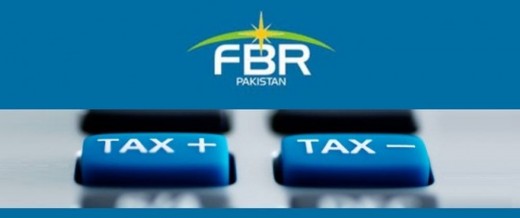The government has decided to transfer tax policymaking powers from the Inland Revenue Service (IRS) to a new cell under the federal finance minister.
This shift will limit the Federal Board of Revenue (FBR) to tax collection duties only, and create a new role, DG Tax Policy Office, reporting directly to the finance minister only. It will focus on tax policy related to income tax, sales tax, and federal excise duty.
Since 2019, the FBR has assured the International Monetary Fund (IMF) that tax policymaking and collection would be independent functions.
FBR Chairman Rashid Mahmood Langrial confirmed that a Tax Policy Office will be created within the finance ministry, and its director general will report directly to the finance minister.
According to Langrial, the Tax Policy Office will serve as a think tank, and not as a finance ministry wing, providing strategic insights for tax reforms to empower policymakers.
To strengthen tax policy development, the government will appoint tax specialists, academics, and professionals. IRS officials will no longer have the authority to propose new tax rates or additional taxes.
The customs department’s authority to impose tariffs and regulatory duties had already been transferred to a separate cell under the Commerce Division in 2019. This cell, which initially operated effectively, has become less active in recent years as its recommendations were not adopted for the FY25 budget.
Finance Minister Muhammad Aurangzeb stressed the need to focus on plugging loopholes in tax implementation rather than increasing tax rates. The FBR has identified a tax gap of over Rs7 trillion, which the government aims to collect without imposing new taxes.




